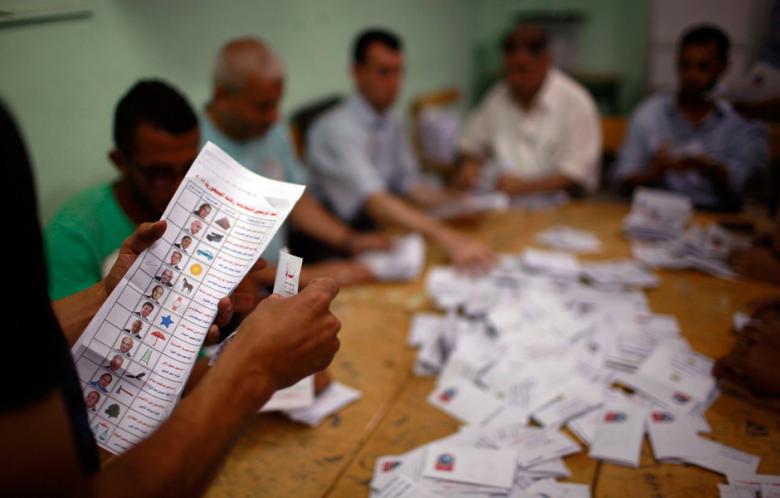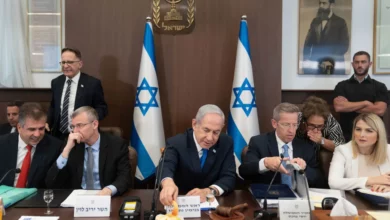Statements made by the US State Department regarding violations that took place during the Egyptian parliamentary election do not represent interference in Egypt’s internal affairs, said Philip J. Crowley, spokesperson for the US State Department, on Friday.
“We haven't interfered in any way with the plans or execution of the recent elections,” he said.
At the daily press conference for the US State Department, Crowley said that Egyptian parliamentary elections were not up to international standards. “We just felt that it fell short of international standards and we've told Egypt that,” he said.
“The real issue here is the relationship between Egypt and its own people and we believe that the election fell short of the expectations that the Egyptian people have for what they want to see in terms of an open political process, a chance to play a more–or a significant role in the future of their country, a chance to participate more fully in a political process.”
He added that the US, as a friend of Egypt, hopes that Egypt will improve its electoral standards and performance, saying there is still time to make up for this in the runoff election scheduled for tomorrow.
“We would continue to encourage Egypt to take appropriate steps so that this is a credible result–again, not so much in our eyes, but in the eyes of the Egyptian people.”
The US focus is on helping Egyptians have a more open political process, he added.
In related news, the Foreign Policy Initiative (FPI)–a think tank based in Washington–urged President Obama and Congress to put more pressure on the Egyptian government to introduce constitutional amendments before the forthcoming presidential election, in order to allow for greater competition.
In its memorandum to the US Congress and the White House, FPI suggested Ross Feingold, a former senator, should be appointed US ambassador in Egypt instead of Margaret Scobey, saying that Feingold is known for his defense of democracy and human rights in Egypt.
The memorandum further added that this election was worse than the 2005 election, saying it was marred by fraud and lacked credible monitoring. Further, the ruling National Democratic Party achieved a sweeping win.
The memorandum also called on decision makers in the US to take action regarding President Muabrak’s plans for the presidential election.
The memorandum, of which Al-Masry Al-Youm obtained a copy, said the Egyptian parliamentary election was frustrating after Obama’s speech at Cairo University had raised the hopes of political activists in Egypt and the Middle East. In the speech the US President pledged to support democracy in the Arab World. However, the memorandum went on, the position taken by Obama’s administration subsequently and his weak responses to the situation in Egypt has let those reformers and activists down.
Previous US administrations, whether Republican or Democratic, have tended to accept claims by the Egyptian regime that “stability and the rule of a single party serves American interests.” However, the administration of former President George W. Bush rejected this idea.
The memorandum urged Obama and Congress to continue to press for additional democratic reforms in their talks with Egyptian officials. The memorandum highlighted the need for facilitating access to polling stations, allowing foreign and local election monitors, introducing constitutional amendments to open the way for contenders in the presidential elections, and providing financial and moral support to the Egyptian government and activists to introduce such changes.
Meanwhile, Waheed Abdel Meguid, vice president of Al-Ahram Center for Political and Strategic Studies, said the current US administration does not hold the achievement of democracy as a priority and is unlikely to apply pressure on Egypt to that end.
Abdel Meguid added that the US administration is continually under pressure from the media, human rights organizations and cultural forums to push for democracy in Egypt, which has forced it to strike a balance between such calls and its own desire not to pressure the Egyptian regime.
Translated from the Arabic Edition.




